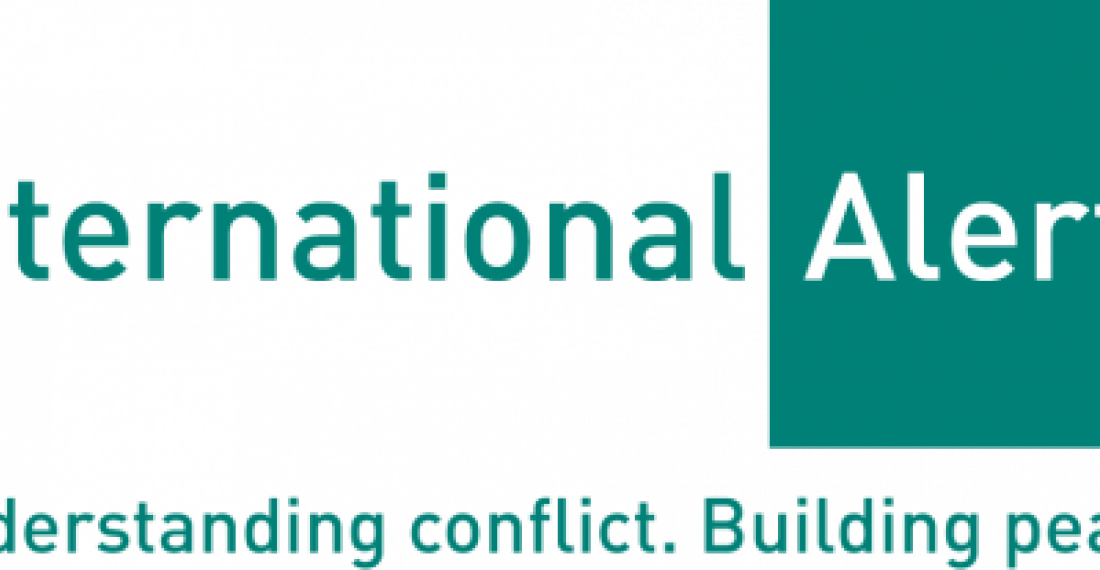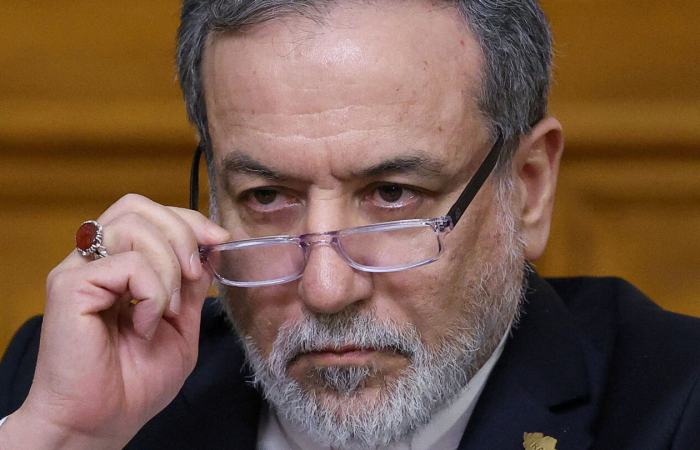International Alert is currently in the final stages of a one-year research work trying to uncover why 'enemy images' and negative stereotypes towards opposing sides to the conflicts in the South Caucasus are so deeply entrenched.
The press service of the organization reports that the research has been looking at the mainstream media, blogosphere, political discourses and history textbooks in the whole South Caucasus. Researchers from across the South Caucasus (including Armenians and Azerbaijanis) worked together in cross-regional teams to examine these different media that shape public perceptions in each society in the region.
The research on the media from different regions in the South Caucasus show quite similar results. The study of the blogosphere revealed a "mirror-effect" between each region's blogs. The predominantly young bloggers across the region trade insults and use language to belittle and de-humanise the 'enemy'. The posts in the blogosphere incite predominantly hate and other negative feelings; bloggers often hide behind the anonymity of the internet. Although less anonymous, the work of the journalists across the region is influenced by similar negative tendencies. Interviews with journalists from the region on ethical dilemmas showed how the line between objectivity and patriotism is often hard to draw in times of conflict, certain information might be withheld while other is published widely. The study of political discourses revealed how the conflicts and more specifically the concept of an 'external' enemy are often used around election times by competing factions internally in societies. The resilience of enemy narratives is explained to a certain extent by a close study of the region's history textbooks. The textbooks across the region tend to depict a simplistic and one-sided narrative of history which is absorbed by children at an early age and accepted as 'truth'.
Researchers who worked on this one-year long project adhered to strict research methodologies, aiming for maximum objectivity and allowing for comparative analysis between the different conflicting sides. The main questions that the outcomes of this work pose is how to overcome these negative discourses in the information space across the region and in each of the societies in the South Caucasus and how, against this background, will it be possible to shift negative attitudes and build positive relationships.
International Alert will be working on addressing some of the main issues highlighted by this research through some future projects. Some of these projects will aim to increase capacities and the skills of the young journalists and media professionals across the region.
The research underscores more than ever the need to continue to foster dialogue and to develop capacities for critical and independent thinking in particular amongst the younger generations in the South Caucasus.







